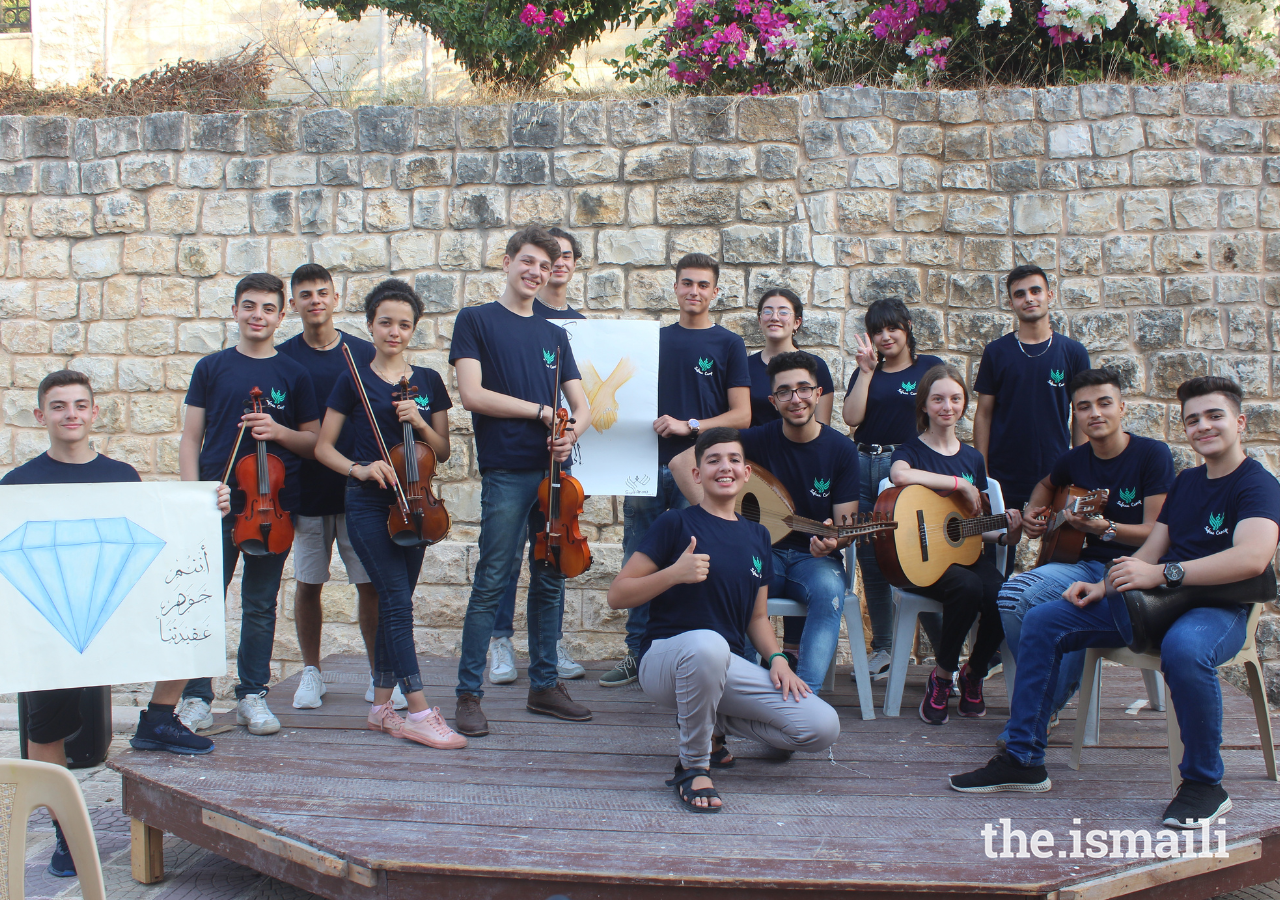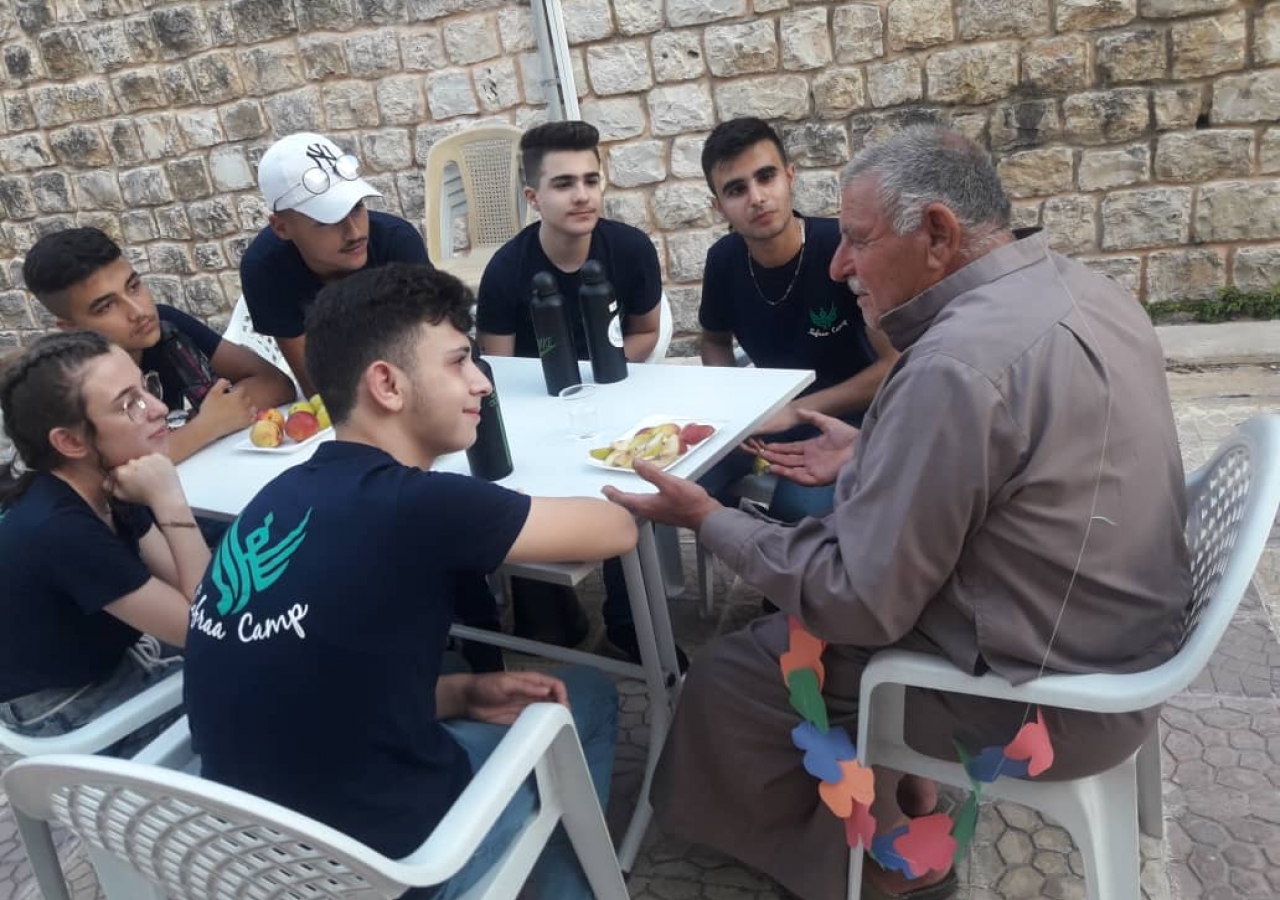Attracting youth aged between 14 and 17 from various cities, towns, and villages across Syria, the Sufaraa (Ambassadors) Camp offered a space for young members of the Jamat to reflect on the uncertainty of recent years and ideas to shape the future.
The seven-day residential programme was hosted in the historic surroundings of Al-Mohamadiyah School, located along Al-Khawabi River in Tartous, a notable site for the Ismaili community and wider society. Since its establishment in 1929 by Mawlana Sultan Mahomed Shah, it has served as a beacon of knowledge, tolerance, and pluralism. The school represented a fitting venue considering the various themes of the programme.
With a vision to inspire and educate participants in the principles and ethics of our faith, the camp was organised to develop the youngsters intellectually, academically, and socially, for them to become ambassadors of the community.
In a speech made in 2008 in Atlanta, USA, Mawlana Hazar Imam spoke of why such efforts are important. “In a world of rapid change,” he said, “an agile and adaptable mind, a pragmatic and cooperative temperament, a strong ethical orientation - these are increasingly the keys to effective leadership. And I would add to this list a capacity for intellectual humility which keeps one’s mind constantly open to a variety of viewpoints and which welcomes pluralistic exchange.”
The overall experience represented a mosaic of indoor and outdoor activities, all of which contributed to the learning journey of participants. The group visited the historic city of Masyaf, spending time at its ancient citadel. They explored its historical roots and studied the conservation project completed by the Aga Khan Trust for Culture in 2004. In one of the camp’s sessions, entitled, “Our Environment: Our Wealth,” participants examined their roles as responsible guardians to protect our natural environment and ensure its sustainability for the future.
“That week was enough for me to turn my life upside down,” said one of the participants, capturing the camp’s impact and memories. “The first thing was I stayed away from technology and filled my time with more useful and meaningful activities. Second, I got to know new people who benefited me a lot and became my family over the seven days, and they will remain so for a long time.”
In one of the camp’s highlights, participants demonstrated care and affection in welcoming a group of senior Jamati members, whom the participants referred to as “Golden Group Members.” The youngsters offered a warm welcome by organising activities, poems, songs, and folk dances, and listened as seniors shared inspirational life stories, wisdom, and valuable lessons.
Another participant appreciated the camp’s role in teaching him “communication skills, discipline, time management, and the ability to stay happy away from social media platforms.”
The camp experience left a lasting impression on the young attendees and will continue to inspire them as they embark upon their respective life journeys, informed by a spirit of learning, connection, and service. The aspiration is for the 40 young participants to be promising catalysts for change – locally and globally – echoing the UN secretary general Antionio Guterres who recently said that “The hopes of the world rest on young people.”









